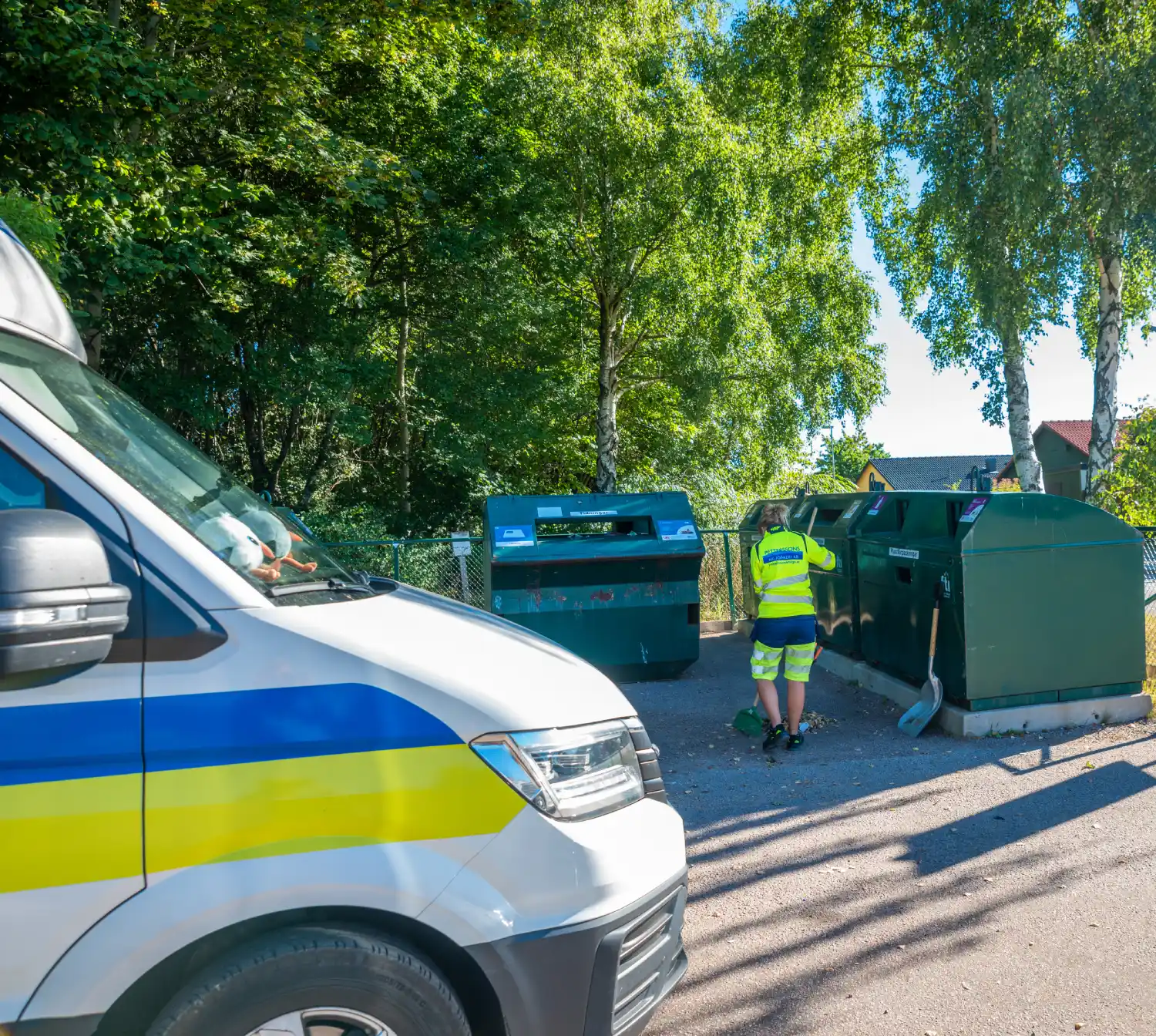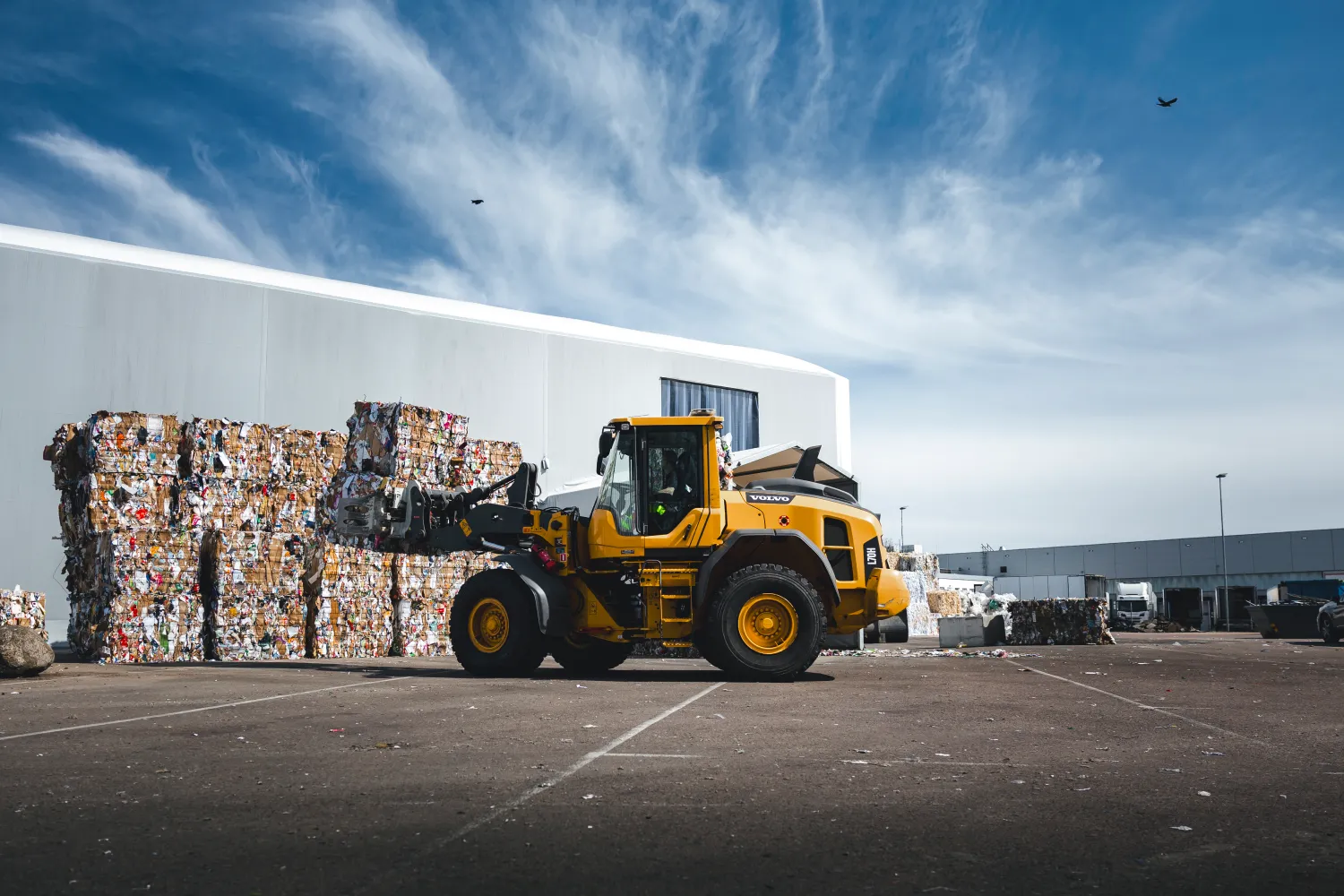Sweden’s Environmental Leadership: Transforming Waste into Resources
Sweden has always been acknowledged as a head in sustainability, and
their devotion to successful recycling techniques represents a essential
role in operating the country's green future. With a commitment to
reducing spend, conserving sources, and minimizing environmental impact,
Sweden has converted its recycling system into among the top in the
world. By leveraging revolutionary technologies, promoting public
involvement, and utilizing smart guidelines, Sweden is setting a strong
example of how effective Recycling (Återvinning) may result in a more sustainable and environmentally aware society.
At
the core of Sweden's achievement in recycling is a highly organized and
effective waste management system. The country's method is targeted on
maximizing reference healing while minimizing waste. Almost 99% of
Swedish household waste is sometimes recycled, recycled, or converted
into energy. This extraordinary recycling rate is supported with a
sophisticated program that makes it simple for residents to kind and
dispose of waste properly. The Swedish government has made significant
investments in infrastructure, ensuring that recycling bins, variety
points, and control facilities are often available and effective.

A standout function of Sweden's recycling process could be the implementation of advanced organizing technologies. Applying automated techniques, robotics, and artificial intelligence, Sweden is able to easily and effectively sort a wide variety of materials. This engineering enables high-precision selecting, ensuring that recyclable products like plastics, materials, and report are processed accurately, reducing contamination and increasing the general quality of the recycled materials. These improvements have considerably enhanced the effectiveness of the recycling method, turning the thing that was after an information and error-prone task in to an automatic function that boosts product recovery.
Sweden's responsibility to successful recycling is also seen in its waste-to-energy system. Non-recyclable waste is became clear power through advanced incineration and combustion technologies. This process not only decreases the necessity for landfills but additionally provides energy and heat for homes, corporations, and industries. By turning spend into an invaluable resource, Sweden is minimizing spend disposal expenses while causing their green energy goals. That waste-to-energy initiative is a primary example of how recycling can cause a circular economy, wherever products are reused, and power is derived from what might usually be viewed waste.

Yet another key element in Sweden's recycling accomplishment is the country's deposit reunite system. People pay a deposit on drink pots, which they can reclaim by returning the containers to designated recycling machines. This method encourages individuals to go back their bottles and containers, somewhat reducing kitten and improving recycling rates. The ease and success of the deposit reunite program have caused it to be a product for different countries trying to enhance their own recycling practices.
To conclude, Sweden's efficient recycling practices really are a essential factor in the country's green future. By embracing sophisticated systems, fostering community diamond, and selling responsible waste administration, Sweden has generated one of the most effective and sustainable recycling methods in the world. As the planet faces increasing environmental difficulties, Sweden's method serves as a type for other countries striving to produce a more sustainable, round economy. With its continued responsibility to successful recycling, Sweden is paving the way in which for a cleaner, greener future for decades to come.
Comments
Post a Comment